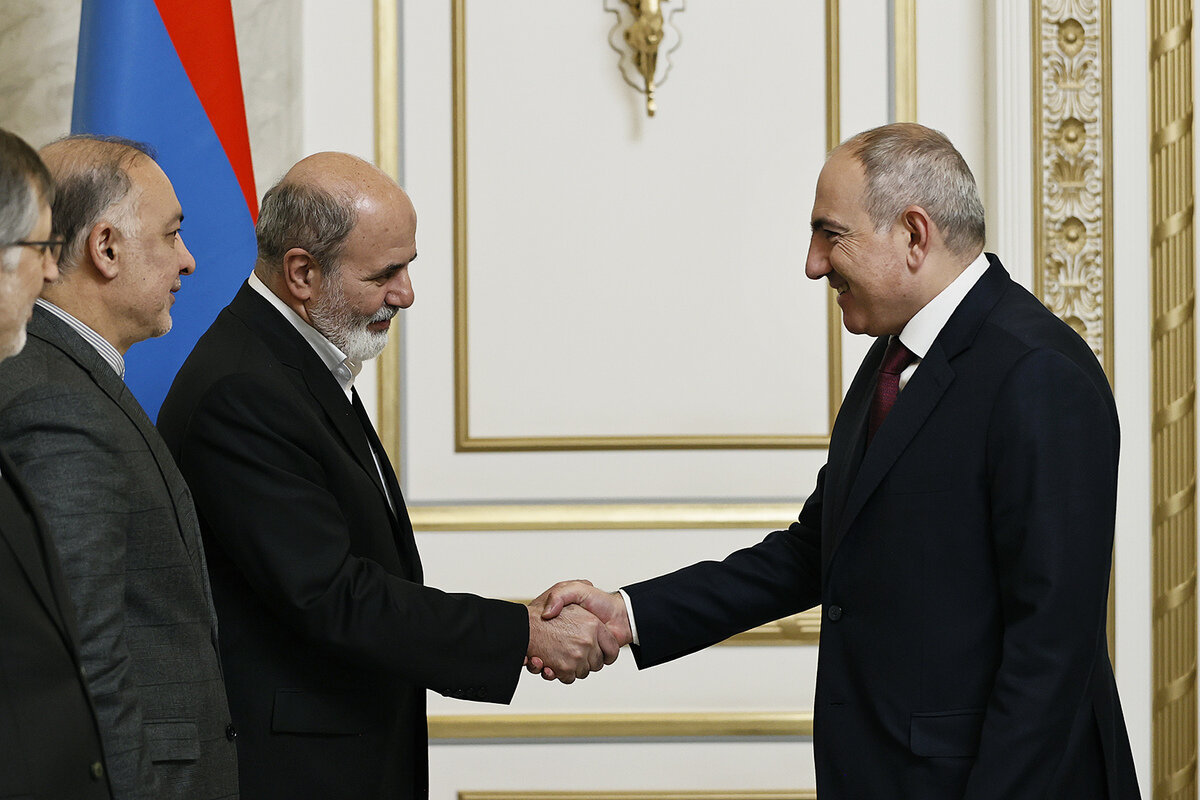Iran security chief urges Armenian PM to solve problems locally during Yerevan visit

TEHRAN – During a visit to Yerevan, the Secretary of Iran's Supreme National Security Council told Armenian Prime Minister Nikol Pashinyan that regional countries should resolve their issues independently, without relying on foreign powers.
"The presence of extra-regional and foreign forces complicates the political and security equations of the region and will not help resolve issues,” Ali Akbar Ahmadian said during a meeting on Thursday.
Ahmadian visited Yerevan after a meeting with Azeri President Ilham Aliyev in Baku. The two countries located in the South Caucuses have been locked in a decades-long territorial dispute. Both, especially Baku, seem unwilling to lay down their arms. During a recent interview with state TV, the president called Armenia a "fascist state," claiming that Azerbaijan might have no other choice but to "destroy" its neighbor's so-called "fascist ideology."
During the Thursday meeting, Ahmadian also spoke about bilateral ties between Iran and Armenia, expressing Tehran’s readiness to share its scientific and technological expertise with Yeravan. He said it is important to strengthen and bolster comprehensive political, economic, and defense relations between the two countries.
Pashinyan, for his part, reiterated Armenia's interest in expanding collaboration within the North-South corridor, a critical infrastructure project aimed at improving connectivity and trade between the two nations. He also acknowledged the ambitious economic target set during previous administrations, aiming for a trade volume of $3 billion between Iran and Armenia.
In addition to trade discussions, both parties explored opportunities for increased cooperation in new areas such as the construction of refineries and petrochemical plants, signaling a mutual interest in advancing industrial capabilities. Both officials underscored the historical depth and social connections between their two nations, highlighting the importance of these ties in the context of regional stability and development.
Leave a Comment